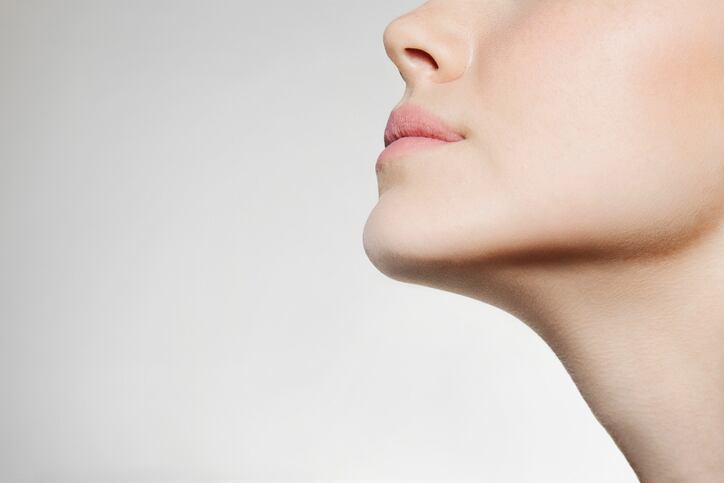Skin care is a top concern for many, with 64% of consumers reporting that they're taking their skincare routines more seriously after the pandemic
Lycored recently surveyed about 500 skincare consumers about their attitudes toward beauty and skin health. The Israel-based ingredient supplier last explored these issues with consumers in 2017, with the firm noting there’s been a major societal shift in attitudes toward beauty in the last five years – especially from men.
Statista reported that there has been a pivotal shift in male pampering culture in the last decade, with the global male grooming market projected to be worth $81.2 billion by 2024.
“For many young people in the west, non-binary gender identities are now pretty common,” said Caroline Schroeder, Marketing Communications Manager at Lycored. “Those kinds of shifts were bound to have an effect on attitudes to skincare and beauty. Even so, we were surprised by the extent of some of the changes. In 2017 we found that a significant number of consumers (8% overall and 22% in the youngest age groups) believed that it was more important for men to look good than women. This time round, that figure had nearly doubled, with 15% of consumers now saying that looking good is more important for men than women.”
Ingestible skincare goes mainstream
Lycored’s report found that 59% of consumers now consider the concept of ingestible skincare normal. This was particularly true of those in the younger millennial (25-34 years old) category, 68% of whom said it was normal to take a supplement for skin health or beauty. People in this age group were also by far the most likely to have taken an ingestible skincare product over the past year (57% compared to 30% overall). Meanwhile, women were more likely than men to have taken an ingestible product over the past year (34% compared to 25%).
The trend is expected to continue, with the global beauty supplements market projected to be worth about $6.8 billion by 2024, according to Statista.
Other key findings
• Most consumers, particularly those in generations Y and Z, now consider ingestible skincare normal
• There is growing focus on men’s physical appearance, with a third of 18-24 year olds believing it is more important for men to look good than women
• Consumers are increasingly likely to use skincare products to feel good rather than look young – but there is also growing demand for visible results
• Nearly eight in 10 (79%) consumers who are aware of carotenoids know that they offer benefits for the skin
• An increasing number of consumers would like to spend less time on their skincare regimens
• There is high demand for skincare products that deliver multiple benefits
• The vast majority of consumers believe manufacturers have a responsibility to protect the environment
Inclusivity
“Really, the biggest take-home message is about inclusivity. The skincare brands that embrace diversity and meet the needs of all their customers are the most likely to succeed,” Schroeder told NutraIngredients-USA.
She added that consumers – women in particular – expect visible results from beauty and skincare products. “From that point of view, it makes sense to use ingredients that are scientifically proven to provide benefits they can see. For example, a recent study found that Lumenato, our golden tomato-based wellness extract, delivers beauty results that are noticeable for weeks.”
Consumers are ditching make-up to buy wellness
The report also found consumers are using the money they previously used on make-up to purchase more wellness products.
“Ingestible skincare is still enjoying major global expansion, and some experts think that the pandemic has been one of the reasons for that. They argue that the consumer experience of having unexpected amounts of time and money on their hands during lockdown diverted some of the money and focus away from cosmetics and onto skin health,” Schroeder said.
Mental health
Another trend the report highlighted was how consumers, especially in younger age groups, increasingly see skin health and beauty in holistic terms and as qualities that essentially come from within.
For many, skincare products deliver an important emotional boost. Lycored’s research found that 69% of consumers use skincare products “to feel good about myself” – up from 62% in 2017. This was particularly true for the youngest consumers, 82% of whom said they used skincare products to feel good about themselves, and for women (78%, compared to 59% of men).
Many consumers also believe in a strong link between emotional wellbeing and skin health. In the survey, the percentage who said living a stress-free life is important to skin health was up significantly (26% compared to 18% in 2017).
“They understand that emotional and mental wellbeing and self-care (whether that’s through sleep, diet, or simply being kinder to themselves) are just as important as the kind of products they buy,” said Schroeder.


